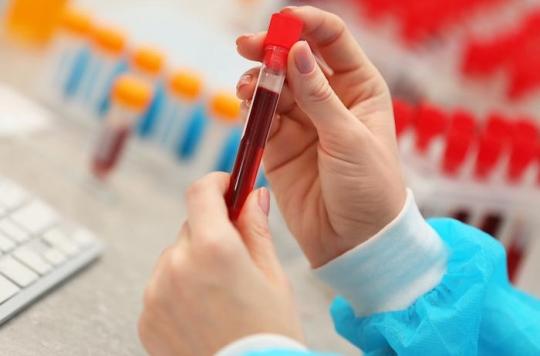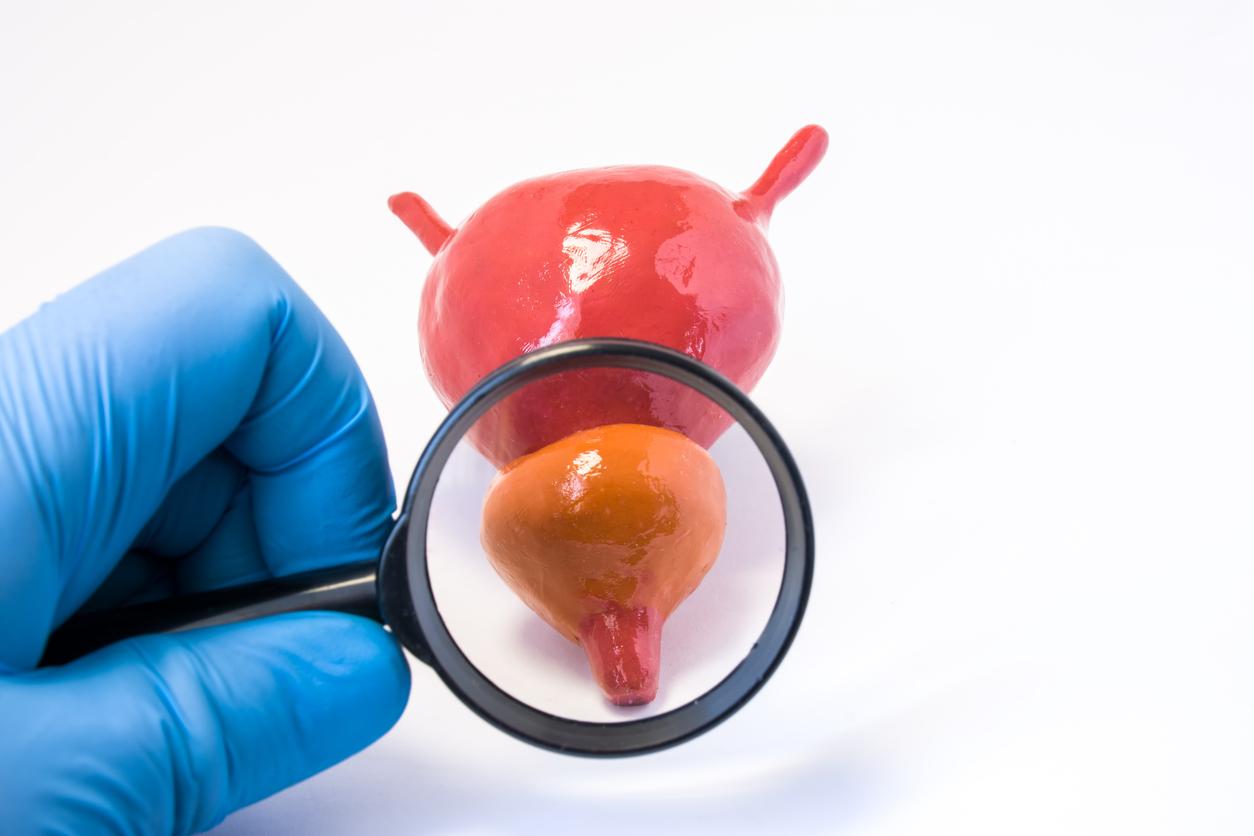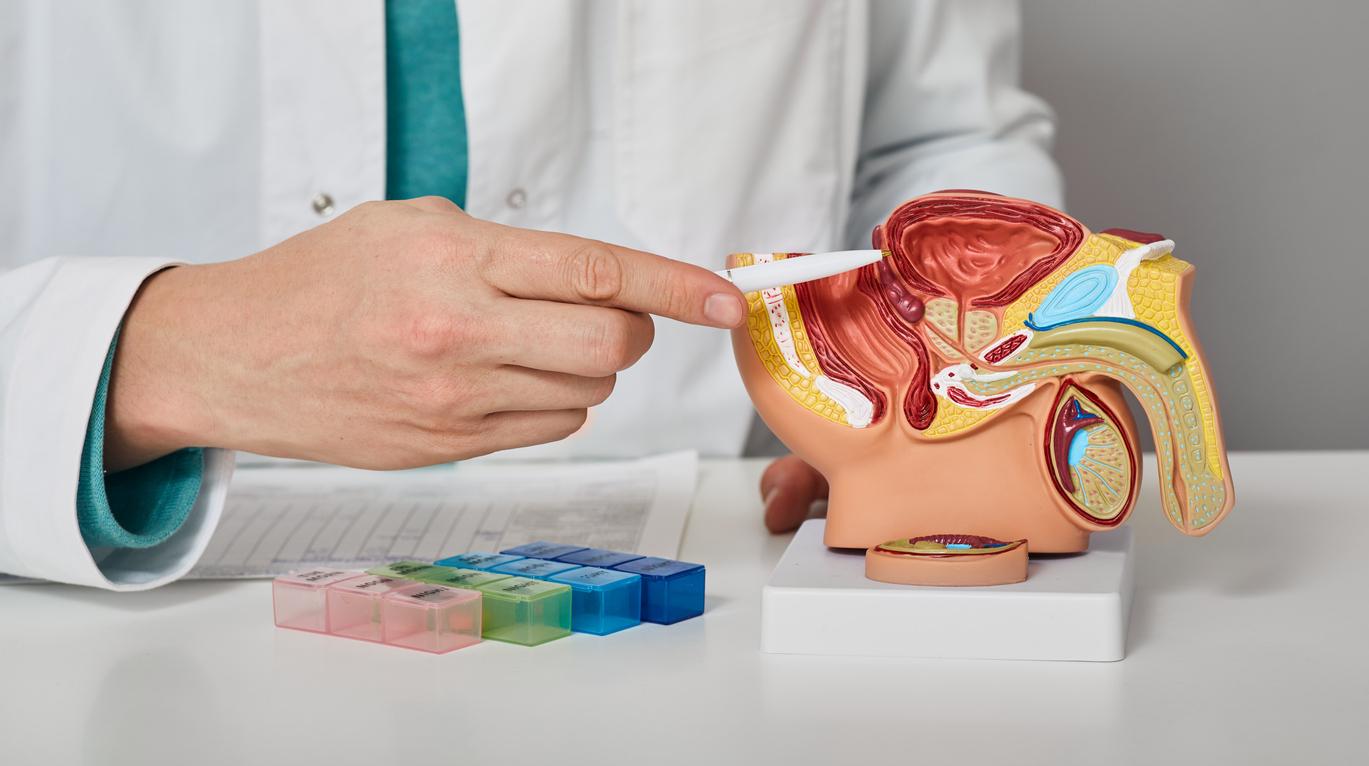INTERVIEW. A new study shows that the dosage of PSA can reduce mortality from prostate cancer.

It’s a debate that has raged in the medical community for years. Should we or should we not screen for prostate cancer by assaying PSA? For health authorities, the answer is clear: this screening test is of no interest. The concentration of this protein does not sufficiently reflect the risk of cancer. A mistrust that does not prevent doctors from prescribing it to their patients. In France, around 3 million men do it every year.
But a new study could bring them together. In Annals of Internal Medicine, a research team from the University of Michigan (United States) shows that the dosage of PSA would reduce prostate cancer mortality by 25 to 32%.
For Prof. François Desgrandchamps, head of the urology department at Saint-Louis hospital (Paris), this study could well put an end to this long-standing controversy. However, he recalls that not all cancers detected need to be treated.
Does this new analysis cut short the controversy around the PSA?
Prof. François Desgrandchamps: This study re-analyzes the results of 2 contradictory studies. The European study said it was necessary to screen because it saved lives, while the American study affirmed that it should not be used.
The American results have long caused confusion among urologists, and especially among French general practitioners. They considered that doing a PSA test was a mistake. So they stopped prescribing it.
The American authorities were also based on this study to no longer recommend the PSA dosage. However, we have always known that this study had significant methodological biases.
Fortunately, this new study allows everyone to agree. Biostatistical analysis reveals that the two studies agree and show that screening by PSA assay can reduce the risk of dying from prostate cancer by 35%.
What about the risks of over-diagnosis and over-treatment?
Prof. François Desgrandchamps: In fact, you have to know how to interpret the PSA dosage. You never make a decision on just one dosage. If the first one is abnormal, it is necessary to redo another one a month later. Then, if the abnormality persists, a rectal examination should be done to detect the presence of a suspicious nodule. And finally, the essential tool for prostate cancer screening is MRI. Today, a biopsy is done only if the MRI detects a high-grade lesion.
And then, before embarking on screening and treatment, you have to know who you are talking to, and the patient must be given full information. Because it has been said, and I share this opinion, that a PSA test is like asking for HIV serology.
When a PSA dosage is abnormal, everything happens and the patients no longer control anything. And unfortunately, sometimes, we end up with a diagnosis that we would have preferred never to know, because we are not going to be of service to the patient for his survival. On the other hand, we will ruin his quality of life if we start giving him a bunch of exams and talking to him about cancer.
So of course yes, we must screen, but we must not treat everyone. We must take care of the patients who need it, those who are at risk of dying from their prostate cancer, because they have aggressive tumors. We know that in France, one in two cancer screened is not fatal.
And how to identify these patients?
Prof. François Desgrandchamps: For now, and for quite a while I think, we only have the Gleason score. Developed in the 1950s, it can predict the evolution of tumors. For example, for a cancer with a score of 6, the risk of dying from this cancer within the next 15 years is around 5%. So the role of the urologist is to estimate the risk for his patient and to suggest treatment if the prognosis is poor. It is therefore very important to explain to the patient that in some cases the best treatment is to do nothing.
Other tests are in development, including genetic scores, which could supplement the Gleason score. But they are not yet as reliable as the one used.
.

















